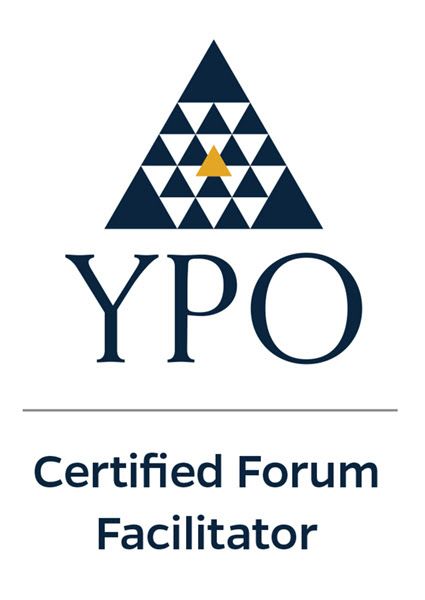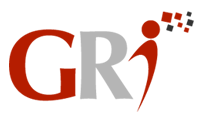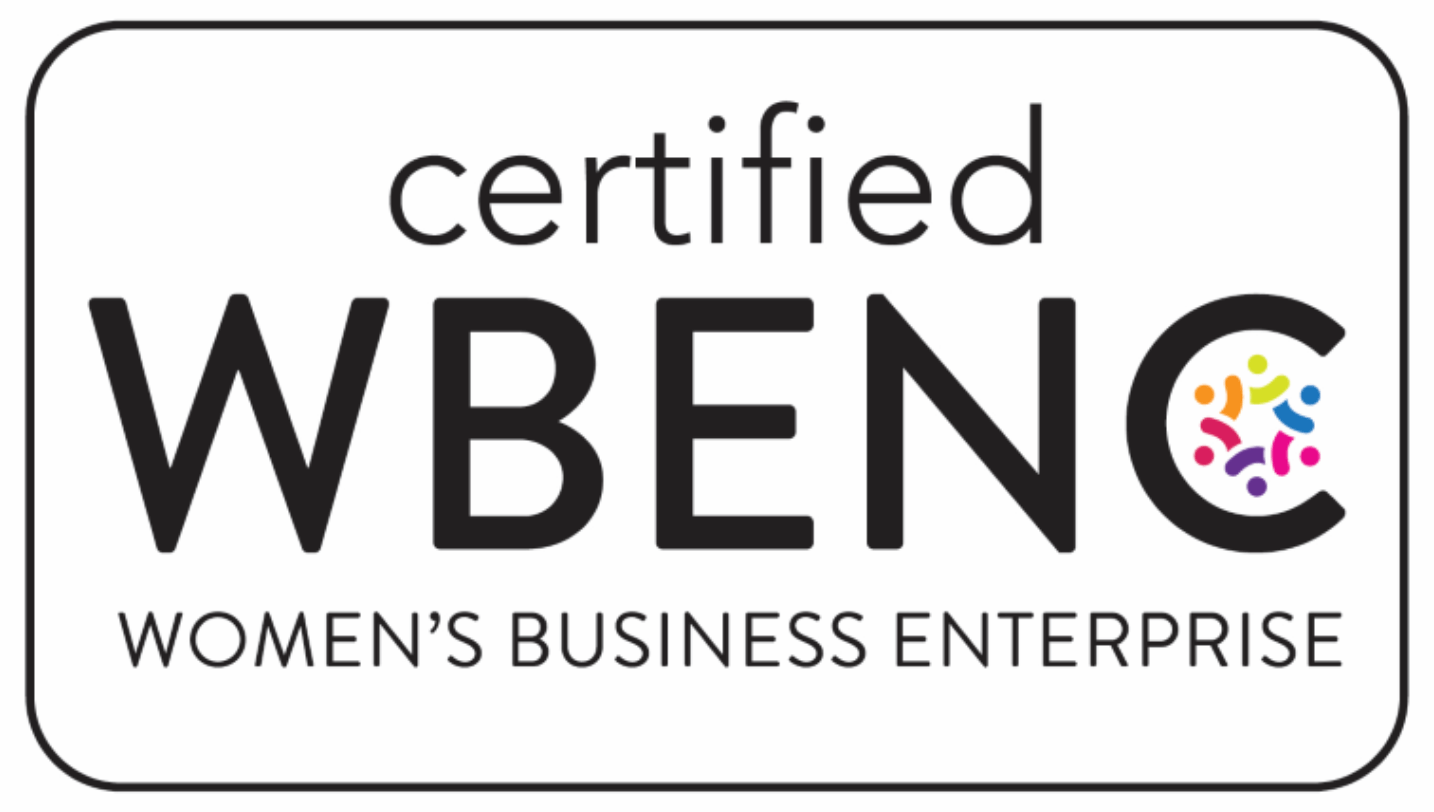Leadership & Training
Create a Culture of Accountability and Autonomy
Momentous Meetings trains leaders in a variety of developmental and peer group modalities. Effective training requires understanding audiences and being able to flex accordingly, versus a formulaic approach. Leadership work is a balance of research, analytic questioning and energetic delivery to motivate and cultivate leaders, teaching them a variety of optimization tools.
Relational Intelligence - Conversational Intelligence - Emotional Intelligence
We are all in relationship to one another and this is the foundation of our work and the work of great leaders. All three of the intelligences, Relational, Emotional and Conversational are interconnected and mostly manifest through Relational intelligence, which comes from the global need to interact with different stakeholders from various cultural backgrounds. It’s about understanding and connection manifesting through ethical maturity. Emotional self-awareness and the awareness of others influences the desire for people to connect and want to be managed and led by you.
Teaching leaders how to have engaging and tough conversations, helping to understand others’ emotions, values, interests and demands, to discriminate among them and then critically reflect, enables us to utilize all of this to guide our behaviors in respect to others.
Organizational Design & Effectiveness
The use of assessment tools like the notable GRI™ (Growth Resource Indicator) and The Team Diagnostic Survey™, enable a more comprehensive method of consultation in terms of helping to define and design optimal hiring, on-boarding, strategic managing and fostering leadership.
The only constant in the business world is change and the only way to work through change is to embrace it. Working with leadership teams faced with business-driven change, we can aid in integration by understanding the internal implications of the transitions each must go through as a result of that change. Establishing new goals and objectives, along with new aspirations, vision, and values, are essential in providing an active pathway for the “new” organization to move forward smoothly.
Bias Training: Diversity & Inclusion
Telling our stories related to our identity and how that impacts us in different ways, depending on our lived experience is an important first step to finding common ground.
Understanding and clearly seeing our unconscious biases and where they come from in our neurology helps us to shed a light on what really is. Seeing the differences between the various types of bias helps us to create appropriate communication strategies thereby reducing polarization and other anxieties.
Creating peer and affinity groups in organizations provide the opportunity for staff with shared identity to come together, process reactions to experiences, and examine useful strategies. Vital to these peer groups is the sharing and sense of belonging we all desire. To know and be known by others is the ultimate gift that can build authentic and vulnerable connections.
We also teach and promote self-advocacy for underrepresented groups. For those in dominant groups, we provide resources to build accountability. By engaging staff across the institution, the use of affinity and peer groups have the ability to find our way toward collective action.
We know that with authentic communication, it is possible to override bias and navigate difference in ways that create better experiences and opportunities for all.













Raves About Leadership & Training

Catherine Stephenson, Global Corporate & Investment Banking
McKinsey & Company
Lyle Donan, President & CEO
Donan
Rick Kimball, Goldman Sachs
Partner

Laura Giadorou Koch, Chief Engagement Officer
Mujeres B
Eugene Amici
Henry P Thompson, Inc
Dave Kerpen
Likeable Local
Carina von Knoop
HVK Advisors
Todd DePasquale, President
HESCO Automation Solutions





